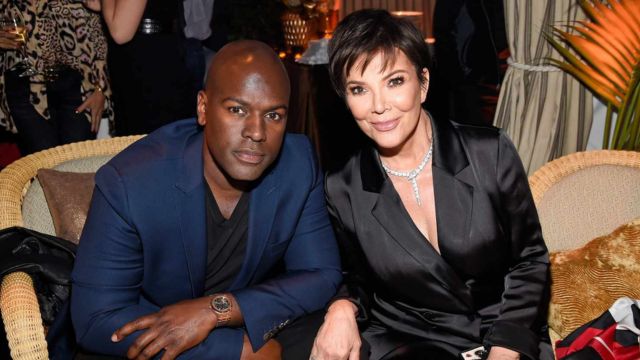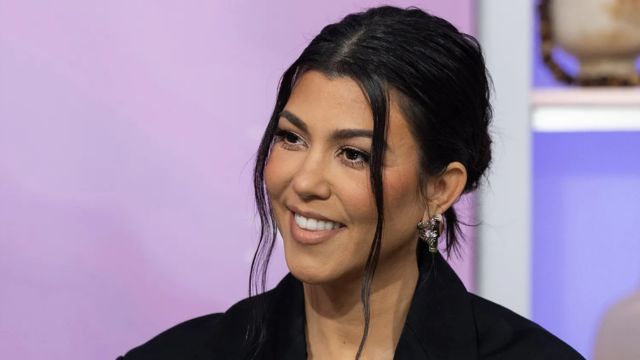Mirror, Mirror is a new Spanish comedy-drama directed by Marc Crehuet, winner of the Goya Award. On the 50th anniversary of the same cosmetics company, the film focuses on five characters who work there. The film is best explained through the perspectives of its four main characters, whose public personas differ from their private thoughts. When they look in the mirror, they are confronted with the truth about their lives that they cannot bear to hear.
lvaro (Santi Millan) is an arrogant, conceited executive who is all style and has no substance. Even in the bedroom, when his most recent lover looks into a mirror while he is in the bathroom, the reflection comments on how terrible the relationship was. Almost 50 years old, he is concerned about the company’s future as the cosmetics industry evolves. As his reflection indicates, he is experiencing a midlife crisis due to his unhappiness and lack of self-fulfillment.
Paula (Natalia de Molina) is a creative type who serves as the ambitious assistant to a company’s marketing executive. Cristina, Paula’s sister, is critical of her. Her most recent advertisement is extremely nonbinary, which she finds difficult to relate to. Regardless, she uploads the video to the Internet. And this causes Alberto objections, as he desires only supermodels to model for his cosmetics line. Later, he changes his mind as a result of her education about the nonbinary population in modern society. Even the company’s current outmoded marketing approach to CIS populations. (Term indicating that your current gender is the same as what was assumed for you at birth.)
Perhaps Cristina is overcompensating. She fantasizes about having masculine, muscular arms in her aerobics class as she questions the nature of her sister’s advertisement. She sees a man when she looks in the mirror, not a woman. Cristina, who is married and has children, feels trapped. She rushes to her therapist after viewing “they/them” social media posts that cause her distress. She daydreams of her therapist telling her how frustrated she is with her, including her reluctance to evolve and her coming to her trips with gender identity problems.
Alberto (Carlos Areces) is a 40-something overweight, sensitive, and insecure manager who adores Nothing Will Change My Love for You by Glenn Medeiros for their silky smooth, vibrant, and uplifting tone. (Really, who doesn’t?) He has a crush on Paula, who is much younger than him. However, he is multitasking. How? He has a demanding job and a packed schedule. Yet, he finds time in the company bathroom to engage in sexual activity with her social media posts. Alberto’s transformation from a lovable loser to an overconfident and even a brutish man of action is the most entertaining. He eventually embraces his spontaneous, natural self to the extent that he develops a rapport with Atonia, the building’s receptionist (Betzy Turnez).
Near the end of the film, Crehuet has Paula come to terms with reality. She is currently the top student at the company, but these characters are experiencing profound transformations. Her sister, now dressed and embodied as their natural self, runs up to her. This is more than she can handle. lvaro rushes up to her and begs her to reveal his identity. Atonia is denied entry to the company party by a gorgeous hotel customer service representative, presumably due to her appearance. Eventually, Alberto, as self-assured as ever, declares his love for Paula with the help of the passionate lyrics of that sweet b*****d Glenn Medeiros. The stones are now on this guy. He even makes two attempts to kiss her.
Then, a fire breaks out. We believe Atonia lit the candle. Why? Because the last thing Paula sees of her is her laughing as the flames ascend the wall. She addresses Paula with a line from her social media advertisement. Be free, be yourself! You will also observe that when the fire begins, Alberto hilariously shoves Paula aside to escape.
Netflix film Mirror, Mirror Ending Explained
The film by Crehuet confuses me somewhat. For instance, for what the film stands for, when all the changes occur, especially with Paul’s sister, she appears disturbed and unsupportive of Cristian’s transformation. Does this reflect Spain’s values, given that Human Rights Watch reported Spain’s rejection of a bill that would have been a landmark legislative proposal that would have permitted legal gender recognition based on self-determination?
More likely, the filmmaker will address narrow-mindedness, unwillingness to change, and the superficial “woke” values of some young people. Alvaro loses his job at the conclusion of the film, but he now feels liberated from the constraints of needing to achieve success to live up to his mother’s idealized view of him. Cristian remains committed to their new identity. Alberto is lost, caught between his inherent insecurities and confidence that the world will not accept from a man with his appearance.
And finally, Paula compromises her values to assume Alvaro’s position because the company’s leadership is now questioning whether it is moving too quickly in this direction. So, she pivots, stating that they can market directly to minorities while omitting progressive strategies that target the LGBTQ+ community. Ultimately, she explains, this is about selling makeup.
You May Like:
- Sherlock Holmes 3 Potential Release Date, Will Robert Downey Jr. Appear in a Third Sherlock Holmes Season?
- Daredevil Season 4 Release Date, Trailer, Cast and Everything About This Season 4!
What do you think of the ending of the Netflix film Mirror, Mirror (2022)? Comment just below







